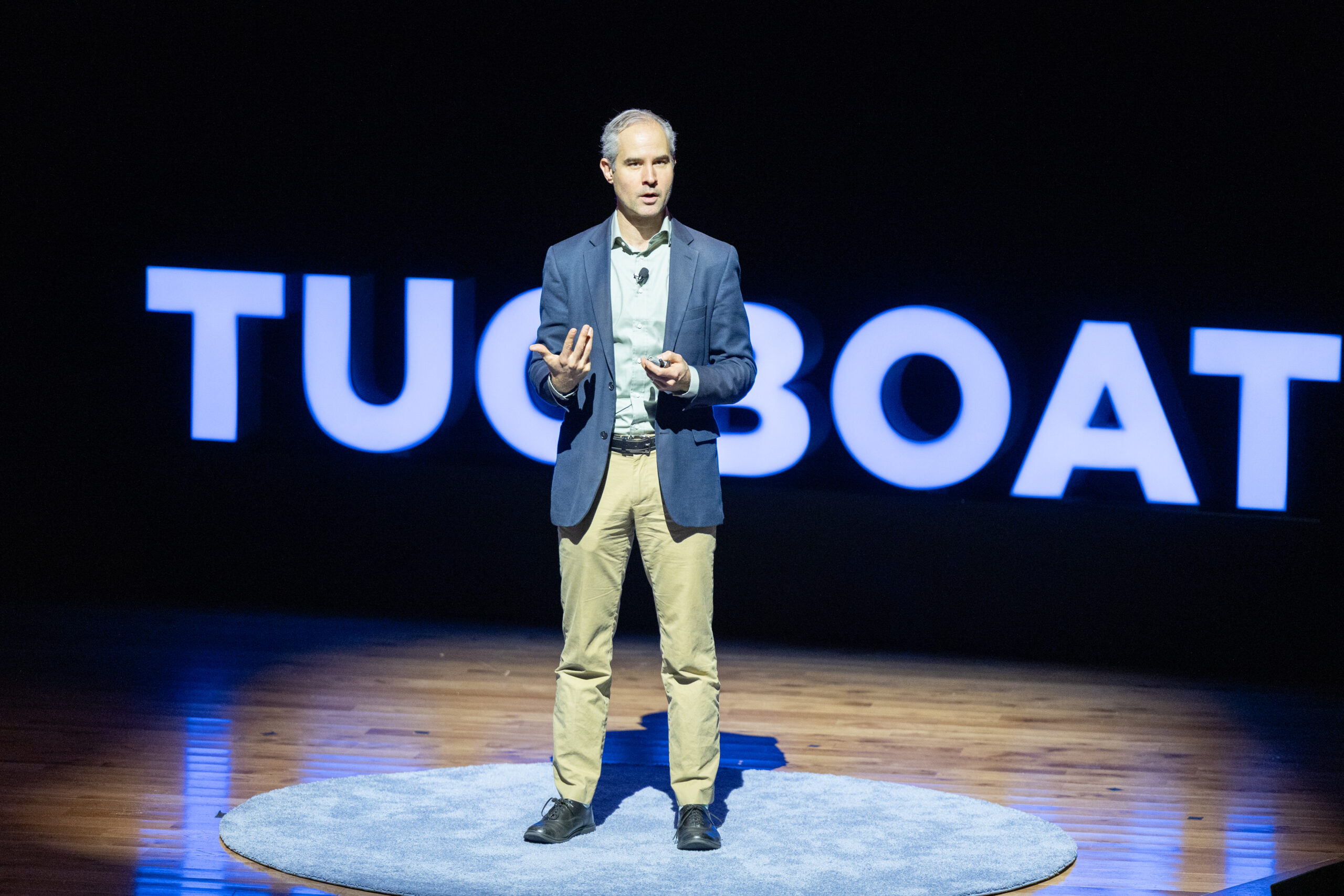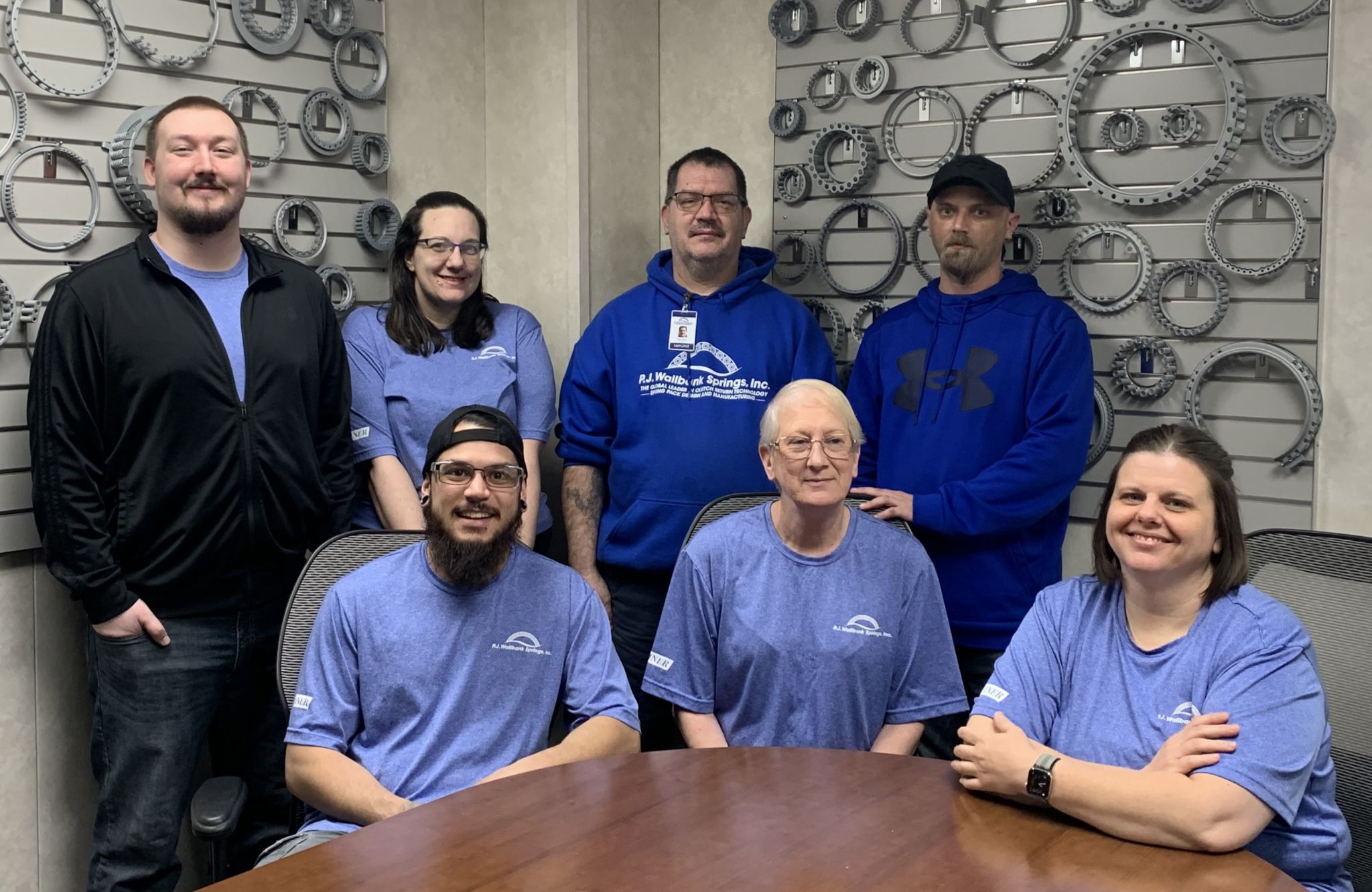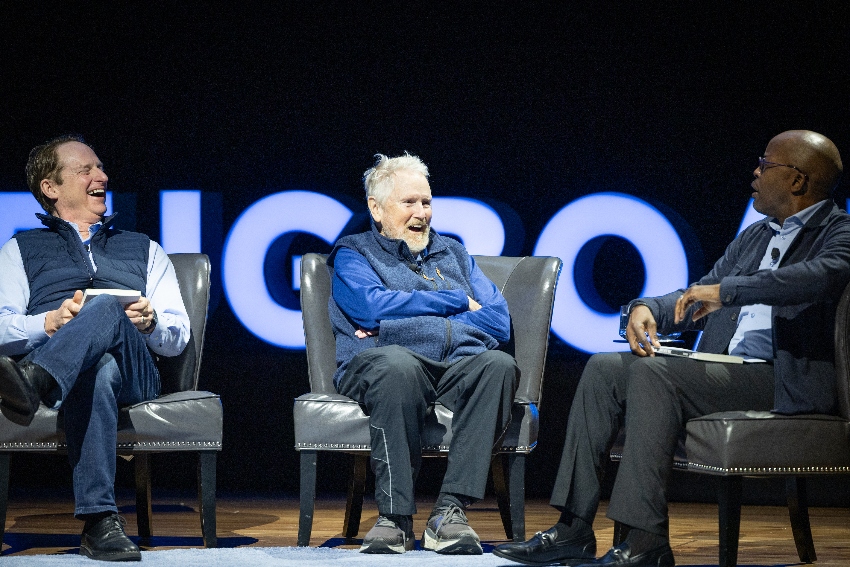

Carving Out a Space to Give Back to Science
- Robert Bissonnette
- Innovaderm
A typical Contract Research Organization, or CRO, will contract with companies in the pharma or biotech industry to help them design, manage, and analyze various aspects of clinical trials that are conducted to study the safety and efficacy of new drugs. Most small to medium-size CROs will typically grow until a point when owners or investors will look at selling to either private equity firms or a larger CRO. It’s a lucrative path, but it’s not the path of my Evergreen® company, Innovaderm.
I began my career as an academic researcher. Twenty-two years ago, I started Innovaderm, and five years later I left academia to devote my entire time to my company. We are a CRO that specializes in dermatology, and though our headquarters is located in Canada, we also have employees in the U.S., Spain, India, and Poland. Like most CRO’s, we contract with pharma and biotech companies on studies, in our case involving treatment for diseases of the skin. A client may come to us with a drug they think may improve a certain disease like psoriasis. We might help them design the study, write the research protocol, obtain the proper approvals, manage the project, coordinate and monitor the sites conducting the study around the world, and have our biostatisticians and data managers analyze the data.
There are 3 phases of clinical research: phases 1, 2 and 3. Phase 1 is usually the first study in human beings and focuses on drug safety and tolerance. Phase 2 is the first study in a patient population having the disease for which the drug is developed. Phase 3 is a larger study, or often two identical larger studies, that are needed before a drug can be marketed, to characterize the safety and efficacy of the drug.
Most of our time is spent managing phase 2 and 3 studies, which is typical CRO work. However, between 5-10% of research projects that we manage are where we are unique and different from our industry peers. This is where our Evergreen philosophy sets us apart.
Often, we have ideas for studies that may not interest our clients, but whose results would be important for advancing science and treating people more effectively. In what we call Internal Studies, we fund and conduct these studies on our own. Here’s an example.
A significant number of people suffer from eczema on their hands. It can be very painful and can prevent people from working or functioning normally. Studies to better understand the cause of hand eczema have been limited because patients often refuse to have a biopsy from their hand, which is a very painful procedure. We recently initiated an internal study on hand eczema to better understand this condition, using non-invasive imaging techniques and techniques to study gene expression and bacteria on the skin. If we can advance understanding and treatment of this condition, we would be able to help a great many people. This study is entirely internal; we have no sponsors, no partners, and no one company will profit from our work, including ours. We simply hope to advance science’s understanding of this disease. It’s a People First initiative in the broadest sense of the term.
A few years ago, I wanted to find new ways to be able to fund and protect the future of non-industry-sponsored drug studies so we created the Montreal Dermatology Research Institute (MDRI), a non-profit through which some of this work can be done. Innovaderm makes donations to MDRI which can fund studies related to skin diseases that are conducted in an academic environment. An exciting MDRI initiative that was announced in 2021 is a multi-year grant for research in skin-related, neglected tropical diseases. A disease is typically categorized as ‘neglected’ when it exists in a country or region where it is difficult to adequately fund research, in other words, lower-income countries and regions.
Every week, I receive emails from people that want to buy our company. I say, “No. That’s not what I want to do.” Because I know what will happen. If we sell the company, the 90-95% business that we do that is making money will become the focus of the company. The 5-10% that is for the advancement of science will not be interesting to them because it is more of an expense. It will disappear. In addition, the buying company would not donate money to a non-profit such as MDRI, would restructure Innovaderm, and a large number of people would lose their jobs.
I don’t want Innovaderm to be like the other CROs. My philosophy is aligned with the Evergreen 7Ps® principles. With the non-funded internal studies we conduct and the donations we make to the MDRI, we are deeply committed to giving back to science. Because of this, we are unique in our industry. Most CROs are driven to make as much profit as fast as possible and do not embark on projects that don’t generate profit. That’s what makes us different. And that’s the reason I am a member of Tugboat Institute®.
More Articles and Videos

Why Employees Quit and How to Use Evergreen® Principles to Keep Them
- Michael Horn
- Clayton Christensen Center for Disruptive Innovation

The Data + Human-Centric Approach that Dramatically Improved Retention for P.J. Wallbank Springs, Inc.
- Chris Wallbank
- P.J. Wallbank Springs

Pushing the Boundaries of Client-Centric Innovation
- Jim Jurgielewicz
- Joe Jurgielewicz & Son

Get Evergreen insight and wisdom delivered to your inbox every week
By signing up, you understand and agree that we will store, process and manage your personal information according to our Privacy Policy



